
Voices in Protest (VIP)
Programming Series
DISCO ‘Voices in Protest’ is a new series of panels hosted by the Digital Afterworlds Lab (PI: Lisa Nakamura). Aimed to bring a new perspective to academic scholarship, this programming series will invite scholars, public intellectuals, journalists, programmers, and technologists to the University of Michigan campus for public conversations about pressing issues in digital culture and justice. These events will be recorded and broadcasted through different digital platforms, such as short- and long-form videos or podcasts.
Events
-
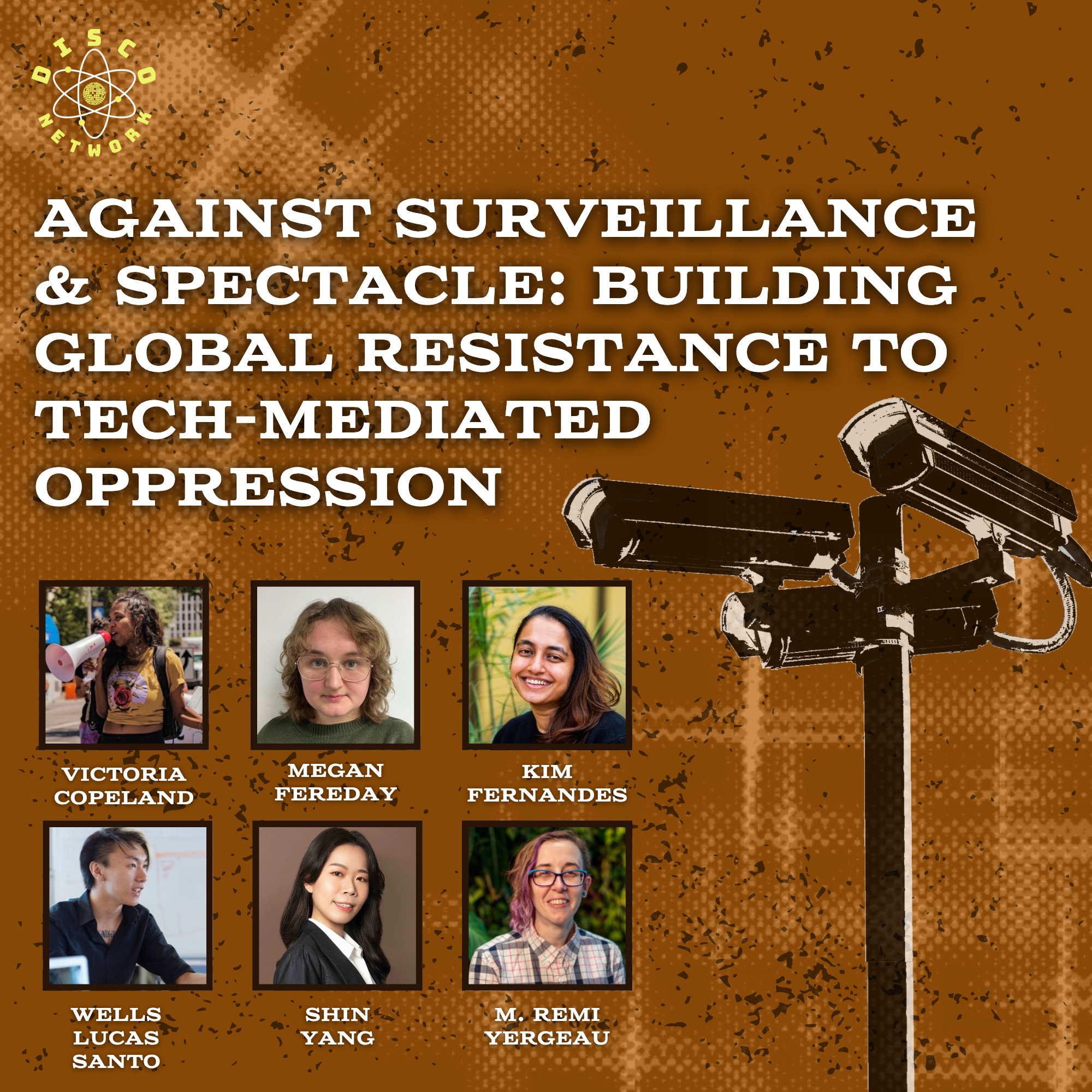
Against Surveillance & Spectacle: Building Global Resistance to Tech-Mediated Oppression
Victoria Copeland, Megan Fereday, Kim Fernandes, Wells Lucas Santo, and Shin Yang in conversation with M. Remi Yergeau
March 10, 2026
-
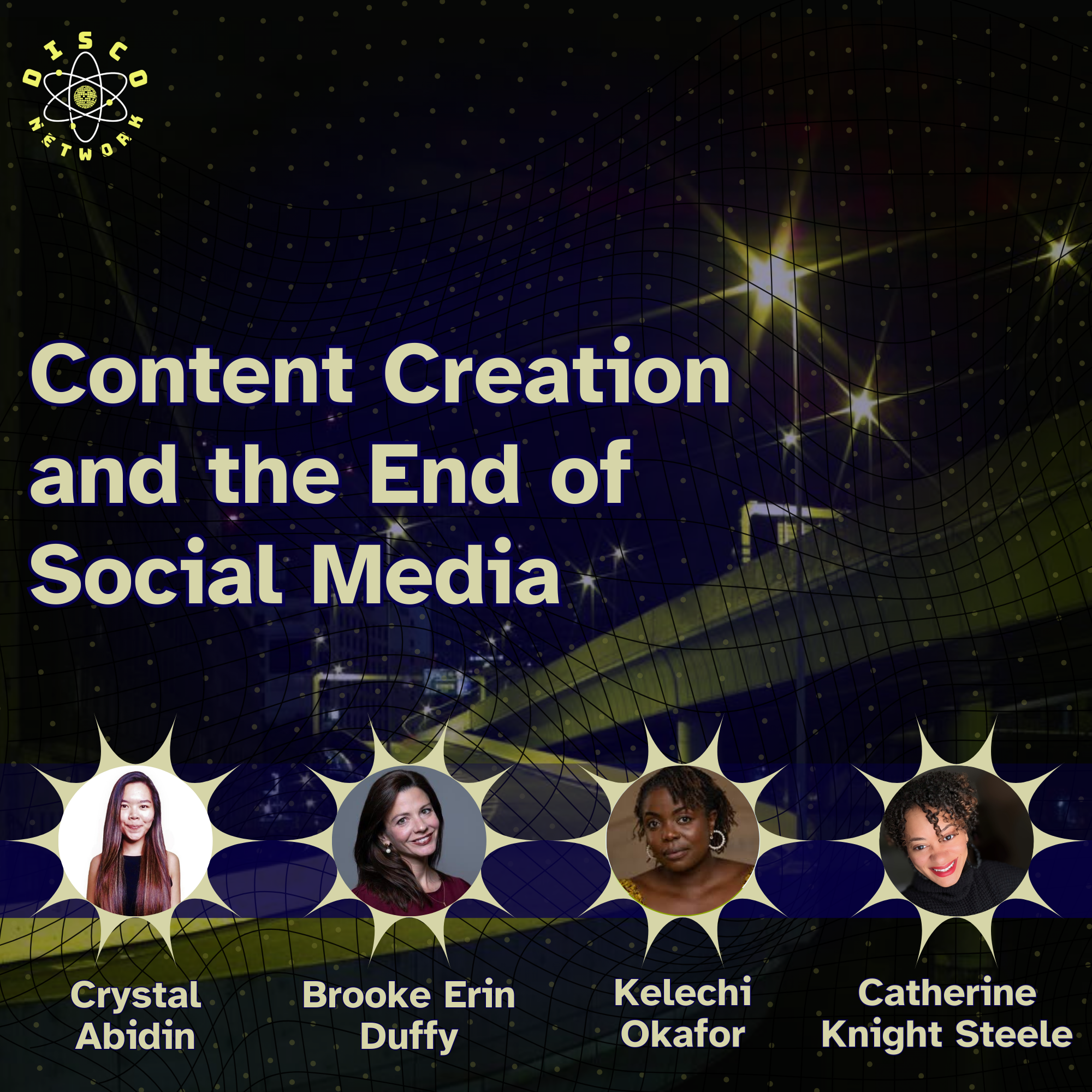
Content Creation and the End of Social Media
Crystal Abidin, Brooke Erin Duffy, and Kelechi Okafor in conversation with Catherine Knight Steele
February 26, 2026
-

Black Boys and the Future of Technology
Jonathan Cropper, Kareem Edouard, and John Pasmore in conversation with Rayvon Fouché
January 29, 2026
-
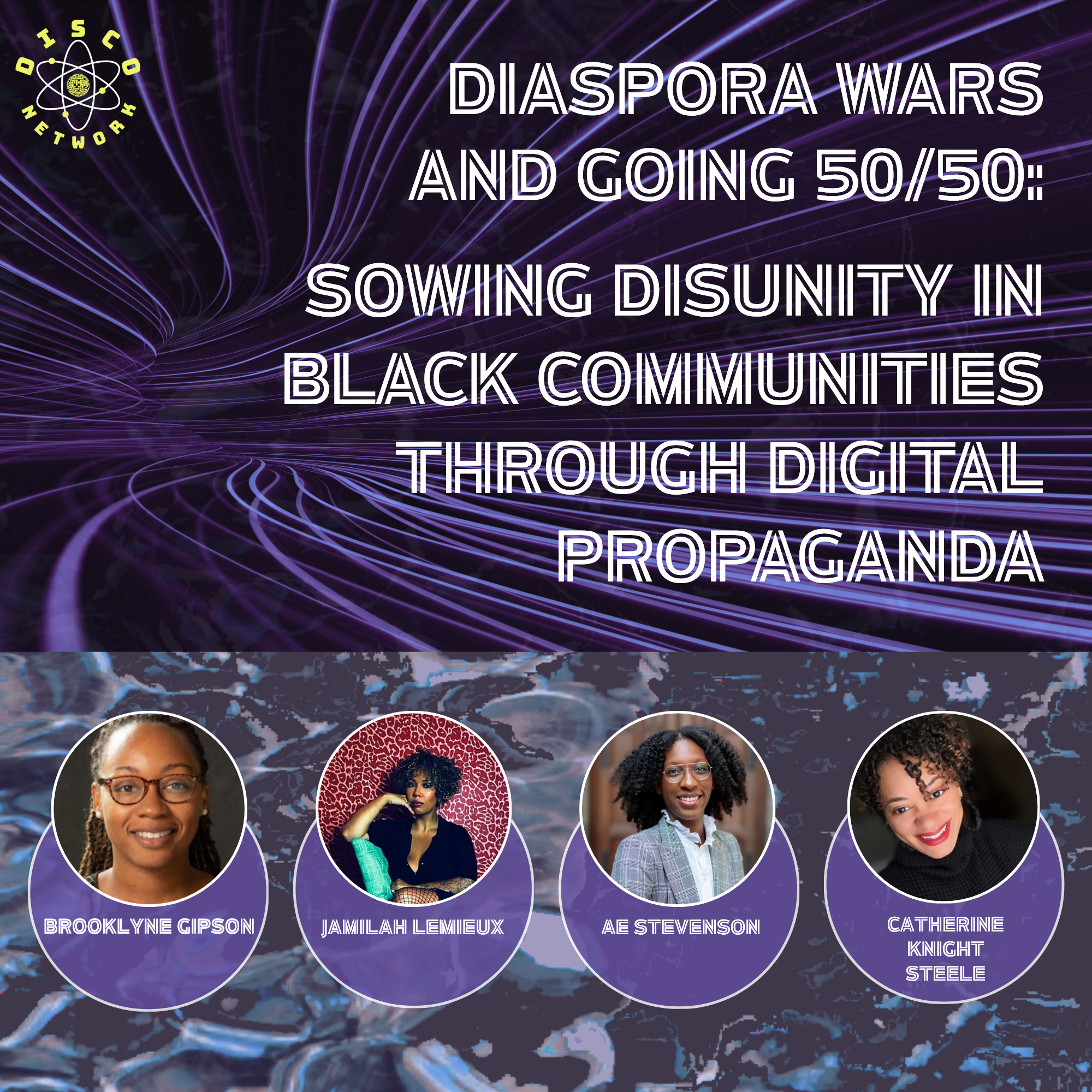
Diaspora Wars and Going 50/50: Sowing Disunity in Black Communities Through Digital Propaganda
Brooklyne Gipson, Jamilah Lemieux, and AE Stevenson in conversation with Catherine Knight Steele
November 6, 2025
-

How to Survive Techno-Hellscapes: On Crip Wisdom and Critique
Beza Merid, Leah Laksmi Piepzna-Samarasinha, Christa Teston, and The Cyborg Jillian Weise in conversation with M. Remi Yergeau
October 16, 2025
-
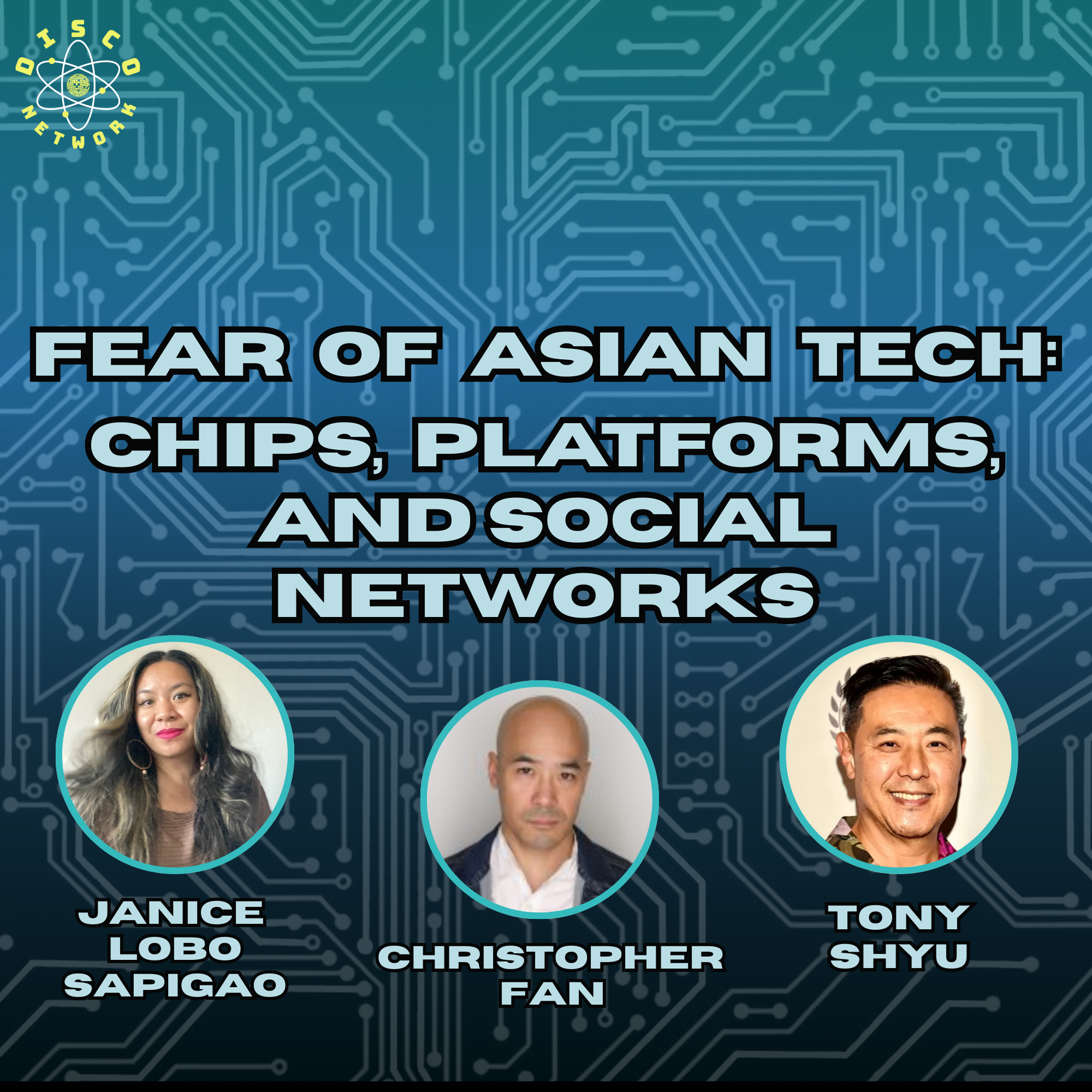
Fear of Asian Tech: Chips, Platforms, and Social Networks
Janice Lobo Sapigao, Christopher Fan, and Tony Shyu in conversation with Lisa Nakamura
[CANCELLED] TBD
September 25, 2025 -
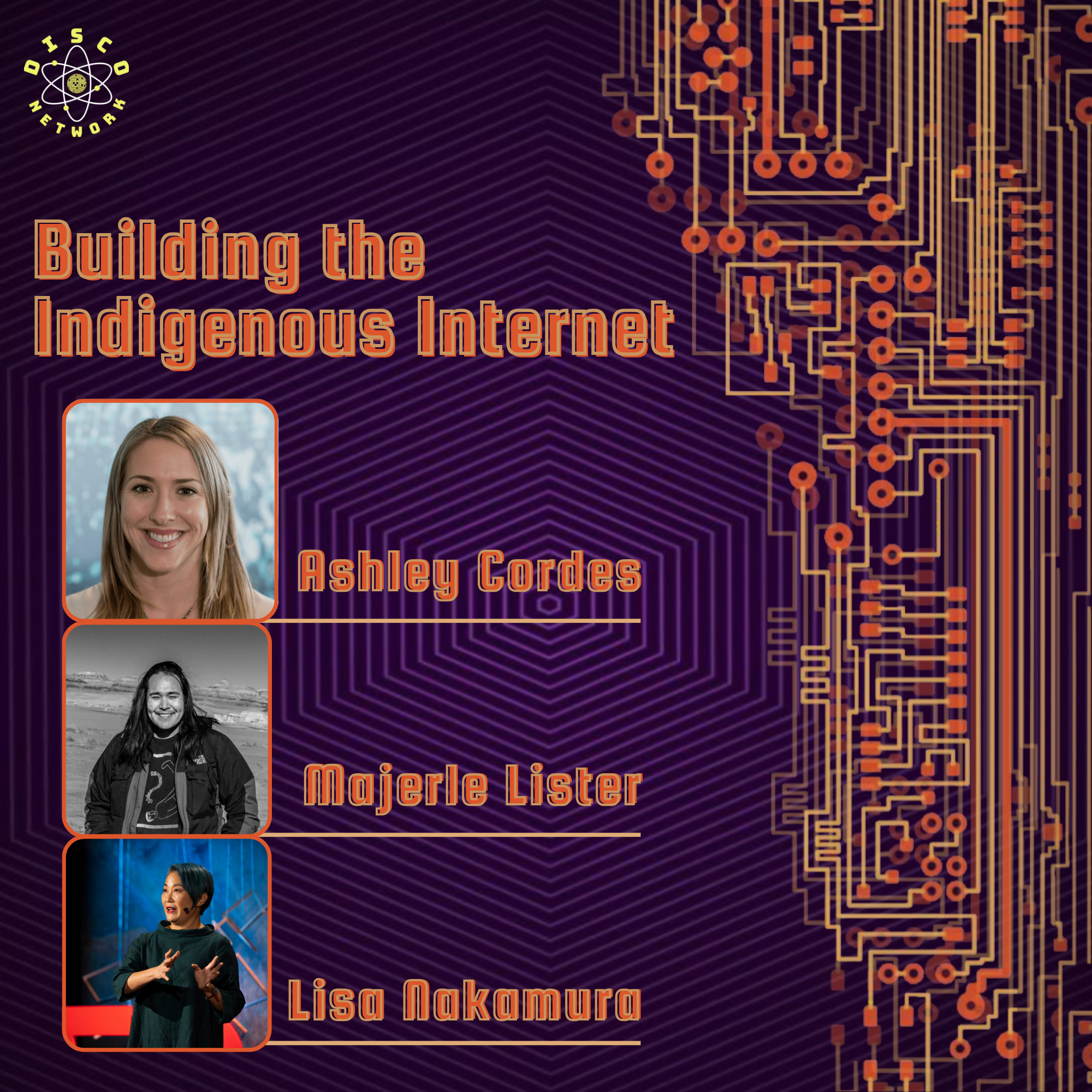
Building the Indigenous Internet
Majerle Lister and Ashley Cordes in conversation with Lisa Nakamura
April 14, 2025
-

TikTok, DeepSeek and the Fear of Chinese Tech in Nationalist Times
Tara Fickle, Ian Shin, and Jeff Yang in conversation with Lisa Nakamura
March 31, 2025